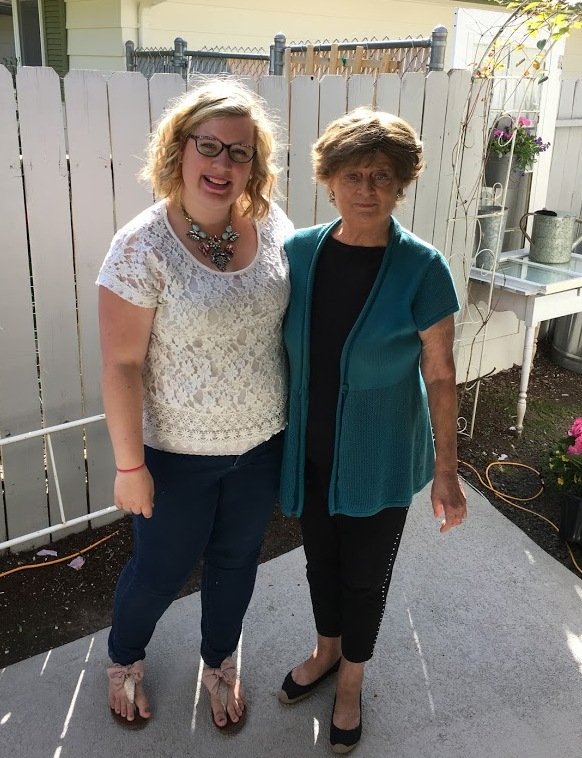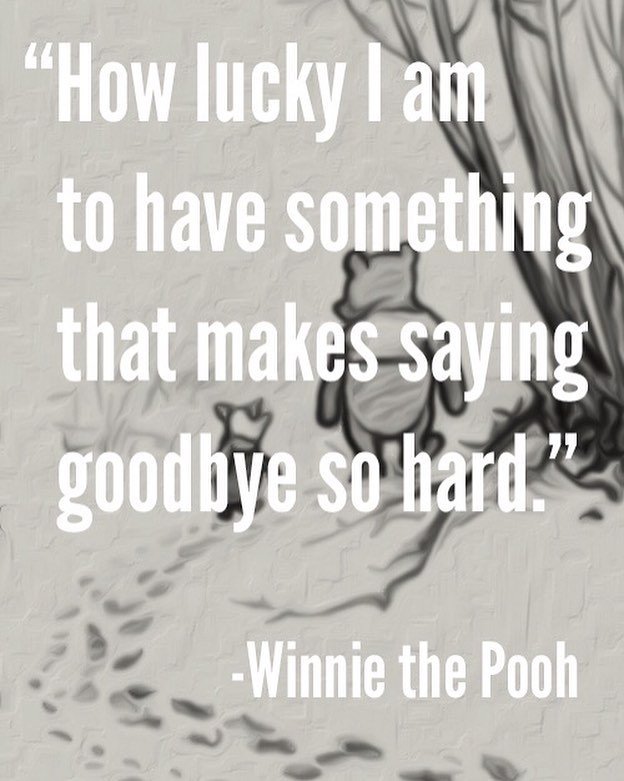The Science of Grief
One of the things that connects humans from all walks of life is the feeling of grief. We've all lost, or will lose someone or something we dearly love. We will feel a loss, we will feel pain and hurt. I am currently experiencing that awful feeling right now. I'm watching one of the people I love most in the world die a slow and very painful death. I've never gone through anything like this before and have been unsure on how to deal with it. I decided to do some research into how grief works in an effort to process my own.

(My sweet Grandma/Best Friend who is currently on hospice with Stage 4 lung cancer at 72 years old)
Grief is defined as "keen mental suffering or distress over affliction or loss; sharp sorrow; painful regret" (courtesy of Dictionary.com). It was only in the 20th century that the grief became a topic of study in psychology. In 1917, Freud published "Mourning and Melancholia". In this essay, Freud studied the feeling of losing someone in comparison with the feeling of depression. He concluded that that "grieving is a natural process that should not be tampered with".

The study of grief was again greatly influenced in 1969, when Elizabeth Kubler Ross published her book On Death and Dying. Ross was the first person to lay out the Five Stages of Grief: Denial, Anger, Bargaining, Depression, and Acceptance. The author argues that these stages are vital to recovery. If one gets stuck on a stage, it will take longer to work through the entire grieving process. These stages have commonly been accepted by society. I've read about them and heard them referenced to my entire life! But my grief doesn't fit into the stages, and yours might not either.
George Bonanno, author of The Other Side of Sadness, agrees. Bonanno studied grieving people for years, and found that the way his subjects grieved varied greatly. 9 out 10 of his patients would recover and return to normal lives, but the other patient would experience prolonged, all-consuming, unhealthy grief. Another example of grief found was the "recovery" pattern. Those who were recovering would experience a more severe and traumatic state of grief, but for a shorter amount of time. They would then seem normal, but never be able to let the grief go. The recovery and prolonged versions of grief aren't nearly as common as "resilience". Those who grieve in this manner feel the pain of the loss at first, but then are able to deal with it. They are able to put it aside when needed, it lessens and they moves on.

My research concludes that grief is not something concrete. We all process things in different ways. Some will go through the five stages like clock work. Others will go through a completely different manner grieving. There is no right or wrong way to grieve. What we can do is recognize that other people may be different in handling things. We cannot judge others for grieving what we may be too much or too little. While there is no solid conclusion, my hope is that reading this might help you relate to others more, or to understand your own feelings. Thanks for reading!

Attachment is at the core of much of our suffering. We need to learn to let go. We can;t hold onto everything forever. We don't control everything. Things come and go. Change happens. Grief is related to depression in this way. Something in the world is not how we expect it or want it to be, and it conflict with out desires. Our perception of how we want things to be is not in alignment with the reality before us. We can either deal with it and accept it, the last phase, or continue in denial and remain attached to prolong our suffering.
Good luck in your acceptance of reality.
Upvoted. Take care. Peace.